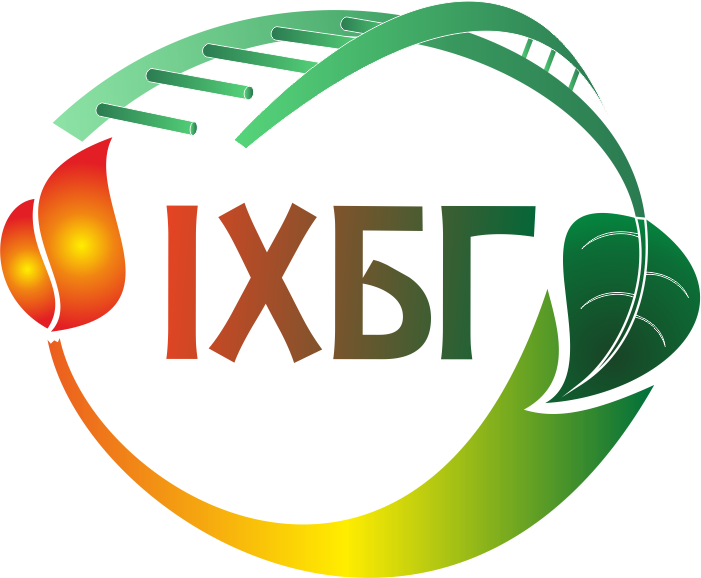Ви є тут
EMBO practical course - Plant-Microbe Interactions
http://events.embo.org/12-plant-microbe/
Plant-Microbe Interactions
18 — 29 June 2012 | Norwich, UK
ABOUT THE PRACTICAL COURSE
The last 20 years have provided a sophisticated understanding of how plants recognize relatively conserved microbial patterns to activate defence. This workshop will cover broad aspects of the plant-microbe interaction and train methods to study and visualise intracellular interactions during pathogenesis and defence. close
Topics will include:
Gene discovery
Genome analysis
Intra-cellular interactions with high-throughput imaging technology
Mechanistic understanding of cellular and molecular processes to translational activities.
The recognition of molecular patterns by plant cell surface transmembane receptor kinases activates the first line of defence. Students will learn the latest insights into the mechanisms of these receptors.
The effectors of pathogens are critical to their success. We will provide a state-of-the-art account of how effectors suppress host defences.
Many plant pathogens live intimately within host cell walls, forming a sophisticated interface - the haustorium. We will train students in cell biology approaches to this close juxtaposition of host and pathogen membrane, and in other cell biology aspects of resistance and susceptibility.
Plant resistance (R) genes structurally resemble mammalian Nod-like receptors (NLRs). The course will provide an understanding of current views of the mechanisms of plant R proteins.
Genomics methods require strong bioinformatic skills, and providing those skills will be a major focus of the training provided in this EMBO course.
The new genomics methods not only facilitate investigation of the pathogen, but also accelerate the recruitment and definition of natural variation for resistance in hosts. We will train students in the latest molecular and bioinformatic methods, and in the challenges associated with deploying the results.
TSL is a world leading institution in this field. An additional benefit for students on the course will be the ability to interact socially with Post Docs and students at TSL.
Registration fee:
Academia: € 400
Industry: € 1000
